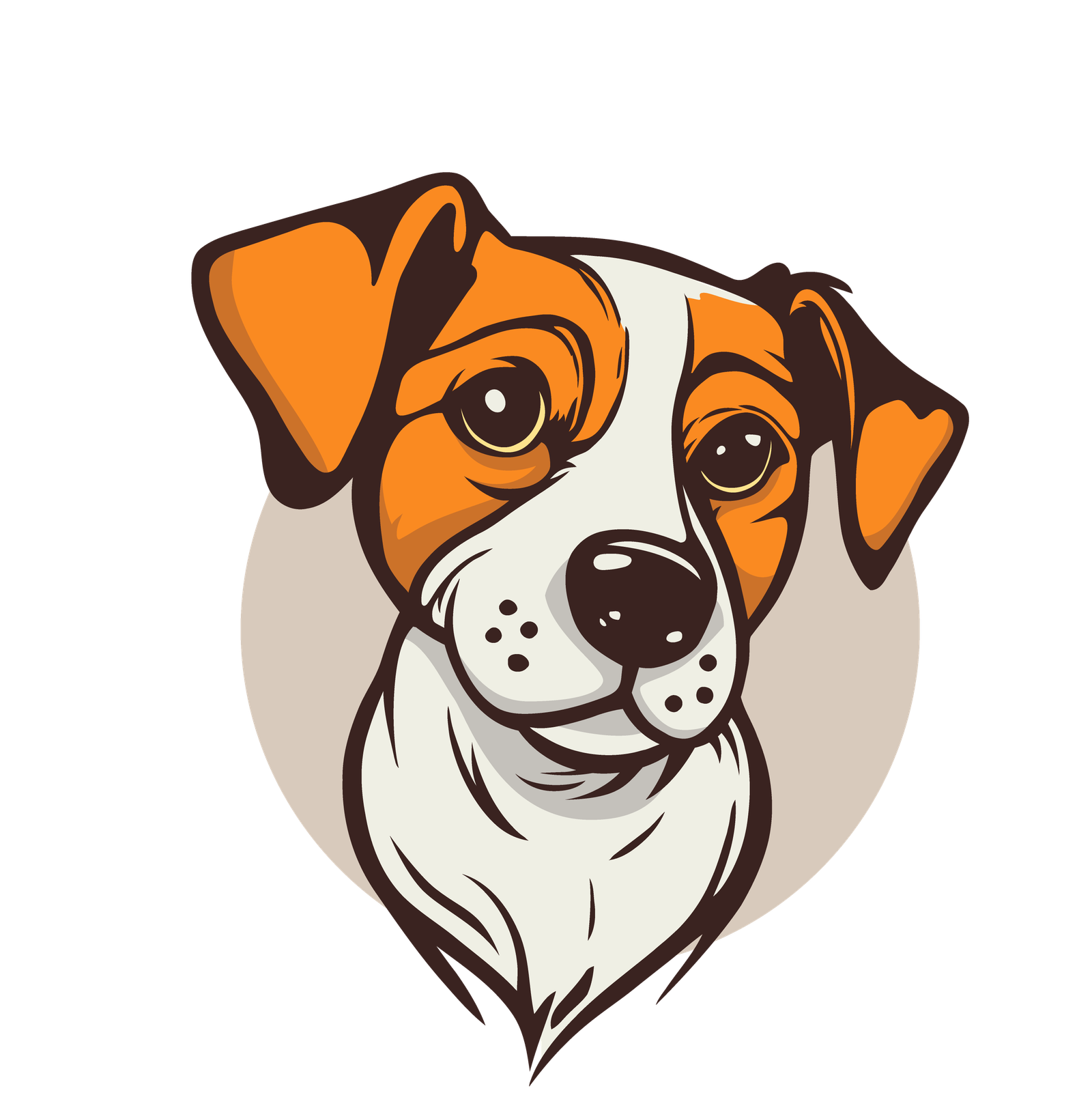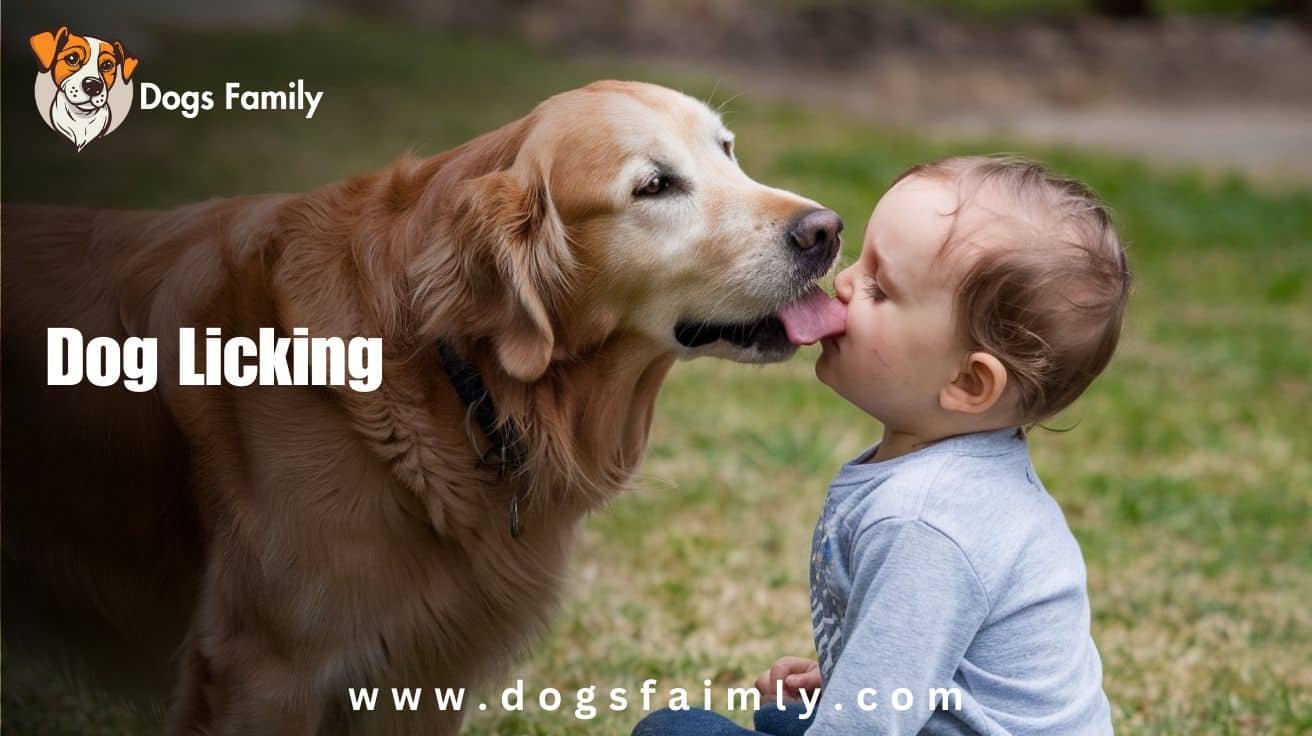Understanding Dog Licking: Why Dogs Lick and What It Means
If you own a dog, you’ve probably experienced that loving, slobbery kiss on your face or the sight of your furry friend licking their paws. But have you ever wondered why dogs lick? Dog licking is a common behavior that can mean a variety of things, from affection to anxiety. In this article, we will explore the reasons behind this behavior, what it signifies, and how to manage excessive licking.
Why Do Dogs Lick?
Dogs lick for several reasons, and understanding these can help you respond appropriately. Here are some common reasons:
1. Affection and Bonding
One of the most straightforward reasons for licking is affection. Dogs often lick their owners as a way to show love and bond with them. This behavior is similar to how puppies lick their mothers as a form of communication and comfort.
Anecdote: Let’s take the story of my friend Sarah and her Beagle, Max. Whenever Sarah comes home from work, Max greets her with excited barks and enthusiastic licks. This joyful display is his way of expressing how much he misses her, and it always brings a smile to her face.
2. Exploration and Taste
Dogs explore the world through their senses, and their tongues play a significant role. They might lick objects, other animals, or people out of curiosity. Additionally, they often lick their owners’ skin because they can taste the salt from sweat or leftover food from a meal.
3. Comfort and Self-Soothing
Licking can also serve as a self-soothing mechanism for dogs. When they feel anxious or stressed, licking can provide comfort. This behavior is similar to how some people might bite their nails or fidget when nervous.
4. Communication
Licking can be a way for dogs to communicate with their owners or other dogs. For example, a dog might lick another dog’s face as a submissive gesture, signaling that they mean no harm.
5. Health Issues
Sometimes, excessive licking can indicate a health problem. Conditions such as allergies, skin infections, or pain can cause a dog to lick specific areas. If you notice your dog licking excessively or developing sores, it’s crucial to consult your veterinarian.
When Is Licking a Problem?
While licking is usually a normal behavior, it can become problematic if it occurs excessively. Here are some signs that licking may be an issue:
- Persistent Licking: If your dog licks a specific area repeatedly, it could lead to skin irritation or infections.
- Licking Leading to Injury: Excessive licking can cause sores or bald patches on the skin.
- Behavior Changes: If licking is accompanied by other changes in behavior, such as withdrawal or aggression, it could signal an underlying issue.
How to Manage Excessive Licking
If you find that your dog is licking excessively, here are some steps you can take:
Step 1: Identify Triggers
Observe your dog to identify any triggers for their licking behavior. Is it related to specific situations, like being left alone or certain noises? Recognizing the cause can help you address it effectively.
Step 2: Provide Alternatives
If your dog licks out of boredom or anxiety, consider providing engaging toys or puzzle feeders to keep them occupied. Interactive toys can redirect their focus away from licking.
Step 3: Create a Calm Environment
If anxiety is the root cause, creating a calm environment can help. Use calming aids, such as Adaptil sprays or calming collars, which can help reduce anxiety. You can also create a safe space with their favorite blankets and toys.
Step 4: Maintain Regular Vet Visits
Regular veterinary check-ups are essential to ensure your dog is healthy. If you notice excessive licking, consult your vet to rule out allergies, infections, or other medical issues.
Step 5: Use Positive Reinforcement
If you catch your dog licking excessively, gently redirect their attention with positive reinforcement. For example, reward them with treats or praise when they engage in alternative behaviors.
Products to Help Manage Licking
If you’re looking for products to help manage your dog’s licking behavior, consider the following:
- Bitter Sprays: These sprays can deter licking in specific areas, especially if your dog is licking wounds or bandages. They are safe and non-toxic, helping to prevent further irritation.
- Protective Wear: Using an Elizabethan collar (often called a “cone”) can prevent your dog from licking a specific area until it heals.
- Calming Products: Products like Adaptil or calming chews can help ease anxiety, making your dog less prone to licking.
Conclusion
In summary, dog licking is a natural behavior that can indicate affection, curiosity, or anxiety. While occasional licking is perfectly normal, excessive licking can signal underlying issues that require attention. By observing your dog’s behavior, identifying triggers, and providing a calm environment, you can help manage their licking tendencies.
If you’re ever in doubt about your dog’s behavior, don’t hesitate to consult your veterinarian. They can provide valuable insights and guidance tailored to your dog’s specific needs. Remember, understanding your dog’s behavior is key to ensuring their happiness and health.
Hyperlinks:
Why Is My Dog Panting At Night
Is licking soothing for dogs?
licking can be soothing for dogs. It serves as a self-soothing mechanism, helping them cope with stress, anxiety, or discomfort. When dogs lick themselves or objects, it releases endorphins, which can create a calming effect. This behavior is especially common in anxious dogs or during stressful situations, like thunderstorms or vet visits. Additionally, licking can provide comfort and security, reminiscent of puppyhood when they licked their mothers for warmth and reassurance. However, excessive licking may indicate underlying issues, so it's essential to monitor your dog's behavior and consult a veterinarian if needed.
Is it good for a dog to lick you?
It is generally good for a dog to lick you, as it often signifies affection and bonding. Dogs lick their owners as a way to show love and communicate, similar to how puppies lick their mothers. This behavior can also be comforting for dogs, as it releases endorphins that help them feel calm. However, it's essential to maintain good hygiene since dog saliva can carry bacteria. If your dog licks excessively or seems to be licking out of anxiety or discomfort, it’s advisable to consult a veterinarian to ensure there are no underlying health issues.
Why do dog licks feel good?
Dog licks can feel good for several reasons. First, they are often warm and wet, providing a soothing sensation on the skin. Additionally, dogs have rough tongues that can gently exfoliate, giving a pleasant tactile experience. Licking is also a form of affection, and the emotional connection can be comforting, making the act feel rewarding. Furthermore, when a dog licks its owner, it releases oxytocin, the "love hormone," in both the dog and human, enhancing feelings of bonding and happiness. This combination of physical sensation and emotional connection makes dog licks enjoyable for many people.
Is dog licking good for human skin?
Dog licking can have both positive and negative effects on human skin. On one hand, dogs' saliva contains antibacterial properties, which may help in minor wound healing and cleaning small cuts. However, dog saliva can also carry bacteria and parasites, posing a risk of infections, especially if the dog has been exposed to unsanitary environments. Additionally, individuals with allergies may experience skin irritation or allergic reactions from dog saliva. Overall, while occasional licking may not be harmful, it’s essential to maintain good hygiene and consult a doctor if you experience any adverse reactions.

